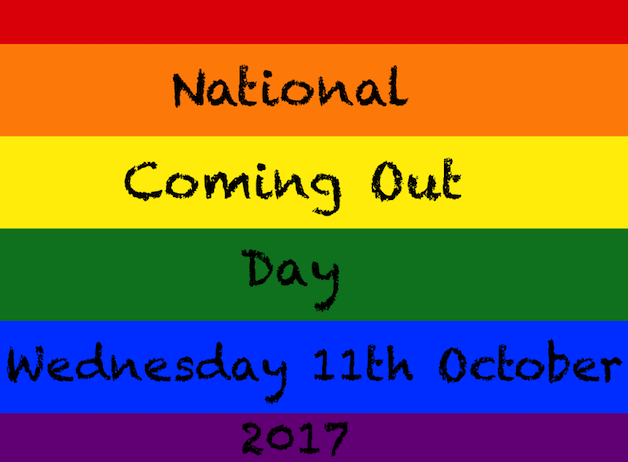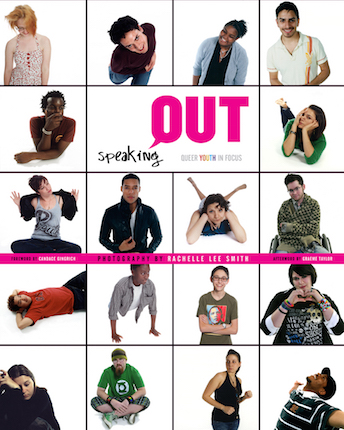 |
This is the second blog post in a series titled Wonderful Websites. The first post focused on General Health websites and can be read here. This post focuses on the most wonderful websites for mental health and mental illness.
1. Mind’s website is a treasure trove of mental health and mental illness information. It has an A-Z listing of mental health conditions, information about treatments, advice on how to support someone with mental illness, legal advice, urgent help advice and stories of people with mental illness. |
2. CALM (Campaign Against Living Miserably) is a movement against male suicide. Suicide is the biggest killer of men under 45 in the UK.
CALM offers support for men who are feeling low or in crisis. They campaign for a change in culture, encouraging men to talk about how they are feeling and aim to eliminate the stigma of men seeking help due to mental illness. They hope to prevent as many male suicides as possible and also offer support for those affected by suicide.
3. SANE is a mental health charity credited with the Black Dog Campaign and the #EndTheStigma hashtag. The phrase black dog comes from Winston Churchill who described his depression as a black dog. SANE has also worked with Ruby Wax who coined the term Black Dog Tribe.
4. Head Meds tells you everything you ever wanted to know about medications for mental illness. It also gives information about conditions and shares people stories of mental illness. What I particularly like about this website is that it tells you how the medications affect sex, alcohol, weight, sleep and just about everything else.
A useful website that I always visit before medication reviews or at times when there’s discussions about changing my medication.
5. Bipolar UK has a great online eCommunity. I use it all the time and find it a very useful resource. People on the eCommunity are friendly and share their experiences around a wide range of topics.
The eCommunity goes a long way to making you feel less isolated and reassures you that you’re not the only one to be experiencing what you are. They also have support groups that are run by volunteers who are people living with bipolar. I used to go to a local group before it shutdown and found it invaluable on my road to recovery.
6. The Samaritans offer support by telephone, in person, email or by writing to them. Their telephone number and email is open 24/7/365, being a lifeline to people in a mental illness crisis.
7. Time To Change aims to end mental health discrimination. They do so by education in schools and by supporting employers. They have a wealth of information online including myths/facts, conditions, how to support your friend and a quiz to test your knowledge on mental health.
8. The Mental Health Foundation’s website has some informative publications which you can download or order a printed copy. Their vision is for everyone in the UK to have good mental health.
9. Anxiety UK has been around since the 70s and provides a wide range resources around anxiety. It’s website is informative, they offer an info line, a text service and training to organisations and companies.
Are there any wonderful websites for mental health and mental illness that I’m missing? If so, please leave a comment.
In the next post in my Wonderful Websites series I’ll be listing shopping websites.
Blog soon,
Antony





